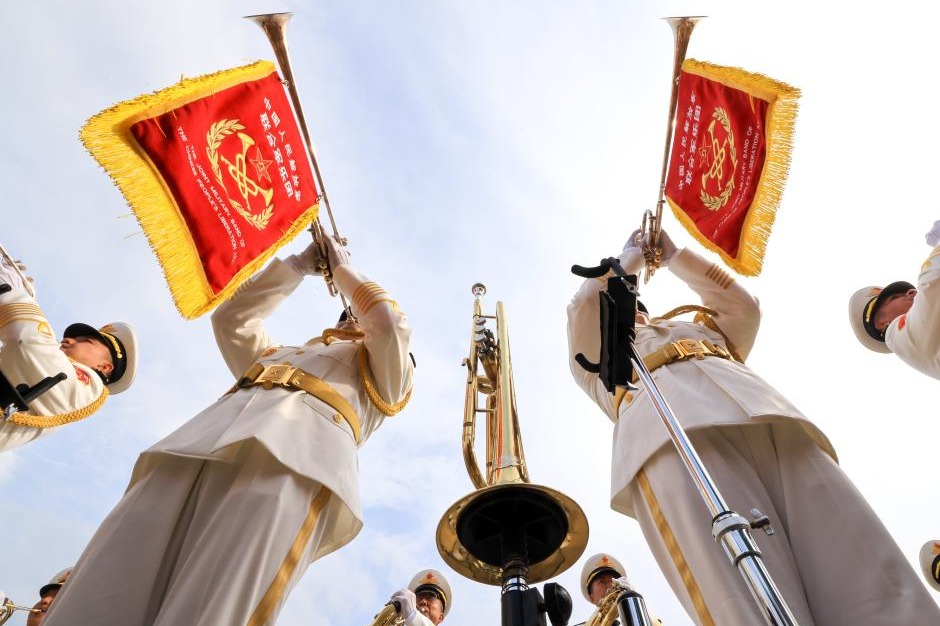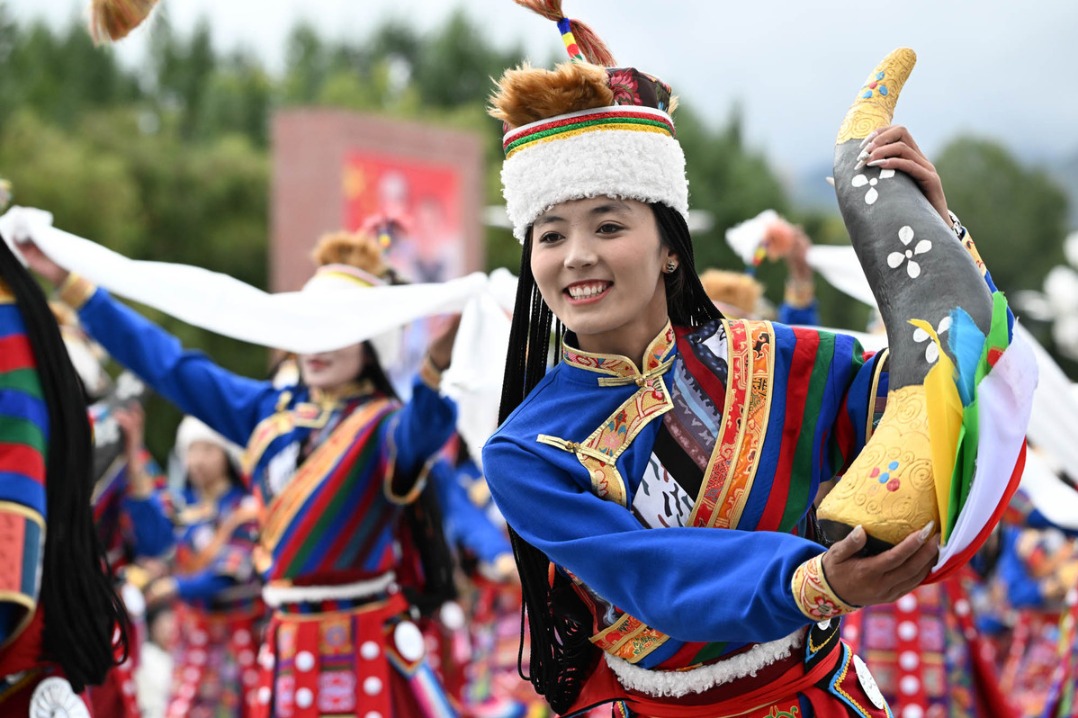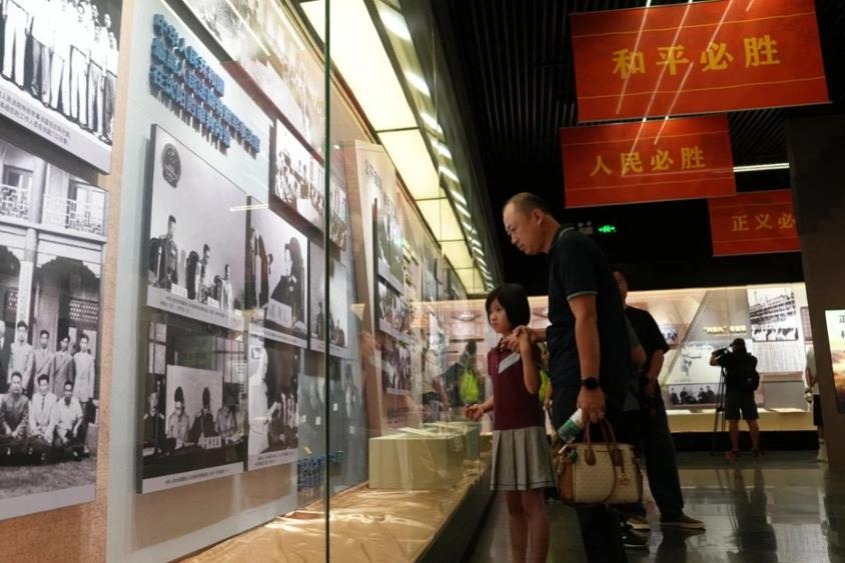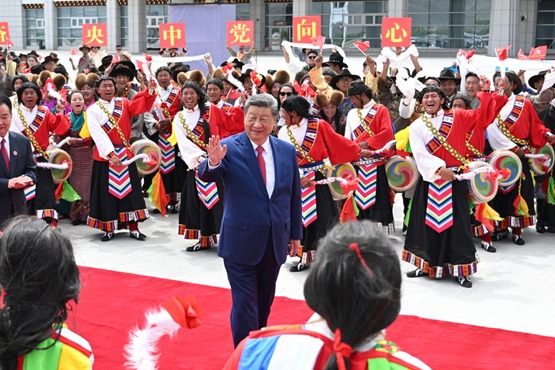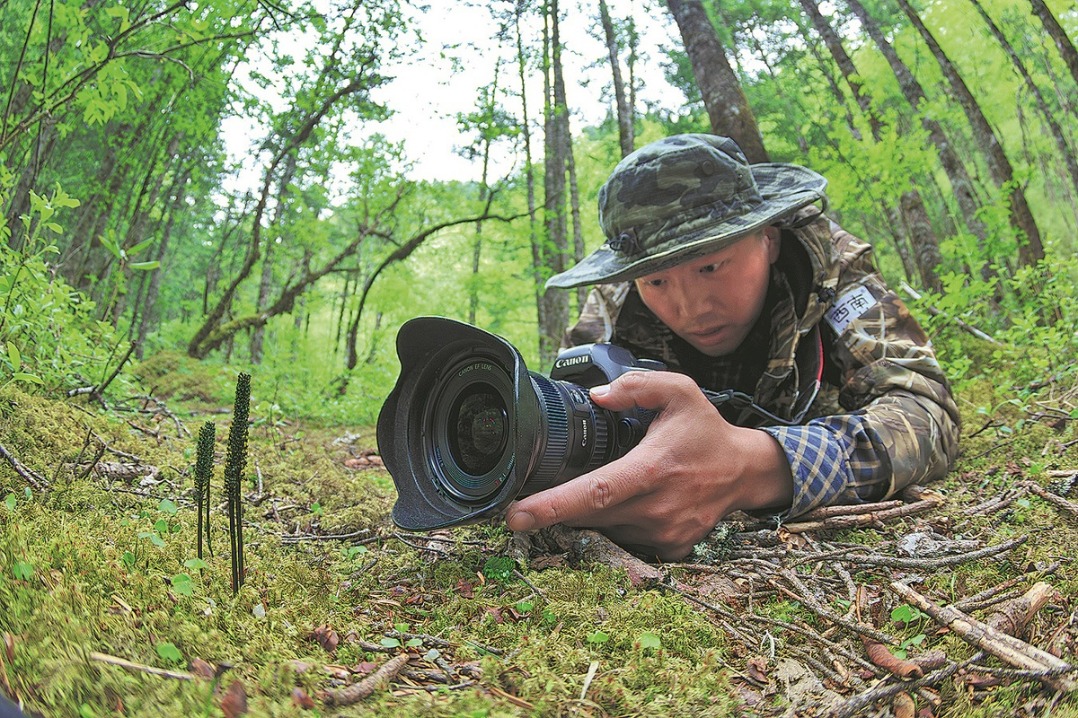Village official found roots, purpose in grassland
Imagination, resolve helped Ting Baatar transform lives in remote community


Baatar-a Mongolian name for boys-means hero, and Ting Baatar, who was born into a military household in 1955 in Hohhot, capital of the Inner Mongolia autonomous region, has lived up to that name.
The former Party chief of an isolated village in North China's sprawling grasslands, Ting Baatar is considered a hero by many.
Over the course of his decadeslong career in impoverished Saruultuya Gastaa, near the border with Mongolia, he has helped lead the local herding community out of poverty.
The son of a revolutionary, Ting Baatar relinquished the privileges associated with urban life more than 40 years ago to begin a career at the most basic level of social governance, in the course of which he spearheaded reforms that have transformed animal husbandry, bringing lasting economic and environmental benefit to the herders.
As the Communist Party of China celebrates its centenary this year, Ting Baatar was among the first 29 Party members awarded the July 1 Medal in recognition of their outstanding contributions to the country and the Party's cause to serve the people.
Deemed the Party's highest honor, the newly established award will be granted every five years to commemorate major anniversaries of the founding of the CPC.
"It was in the village that I realized my real value," said Ting Baatar, who arrived in the border community in the summer of 1974 at the age of 19, and later went on to become its Party chief.
There was no paved road at the time, and many residents had never left the pastureland, or even seen a motor vehicle.
After growing up in Hohhot, the young ethnic Mongolian had been sent to Saruultuya Gastaa for reeducation, along with 60 other young urbanites.
During the "cultural revolution" (1966-76), tens of millions of young people, mostly middle or high school students from cities, embarked on similar trips over the course of the tumultuous decade.
Some believed that Ting Baataran ethnic Mongolian who did not speak his own language well-h(huán)ad been sent to a place so isolated that he would never be able to leave.
Indeed, he never did and was the only one of the group to stay on in the village when the "cultural revolution" ended.
"At the time, the homecoming quota was limited, and many city kids cried out of fear they would be stranded," he told China Daily in a previous interview. "In the end, I decided to stay."
His decision was surprising, given the status of his father, Ting Mao.
Ting Mao was a general who became the region's second-most powerful figure in 1978, when China began to embrace market-oriented reforms and adopt a household contract system that linked remuneration to personal productivity.
Ting Baatar said the village, though poor and lacking basic infrastructure, was a vast platform for him to employ his talent.
To better integrate, he spent time with the herdsmen and learned to milk, shepherd and shear sheep, prepare feed, and make dairy products.
In 1981, he married a local woman and gradually became an influential figure himself.
In his capacity as a village official, Ting Baatar helped allocate 14,000 livestock and thousands of hectares of grassland to the villagers in 1983.
But the lack of environmental awareness soon led to the grassland being overgrazed and over-cultivated.
In 1986, he responded by fencing off 20 hectares to allow the land to rest.
The next year, feed from the rested land had almost tripled in quantity. To reduce overgrazing permanently, Ting felt that villagers first needed to reduce the number of livestock, and switch from raising sheep to cattle, which graze less intensively.
In addition, the profit gained from selling a cow was almost five times greater than before.
Once again, he pioneered the changes, selling his sheep and switching to cattle.
He attempted to develop tourism and the dairy and beef processing industries to boost the local economy.
Ting Baatar also took pride in rewarding the diligent and punishing the lazy.
The village used to give livestock to poor households, but he felt this was not sustainable.
He drew up a set of criteria for determining who received assistance, barring the indolent, alcoholics and those who failed to keep their homes clean.
He also set up special "awards" for people with bad habits.
These ranged from giving brooms to those who failed to keep their homes clean and spittoons to those who spat on the floor, to giving soap to those who did not wash their hands before cooking.
He was elected village Party chief in 1993.
Between 1974 and 2015, when Ting retired, the village's annual per capita income grew from 40 yuan to 18,000 yuan ($2,785), well above the poverty line.
Three years ago, he was among 100 people honored for significant contributions to the country's development since the launch of the reform and opening-up in 1978.
"I was born and raised in Hohhot, but I took root in the village when I was 19," he said.
Yuan Hui in Hohhot contributed to this story.


















